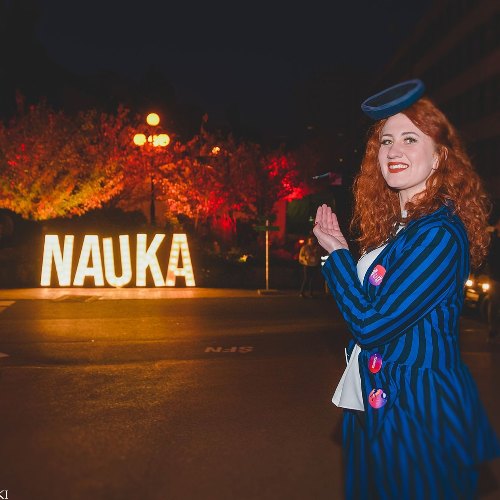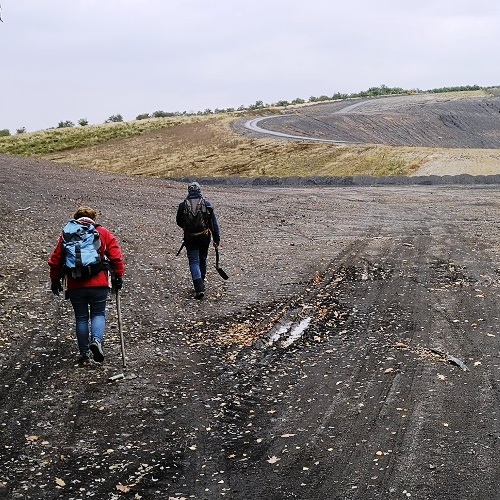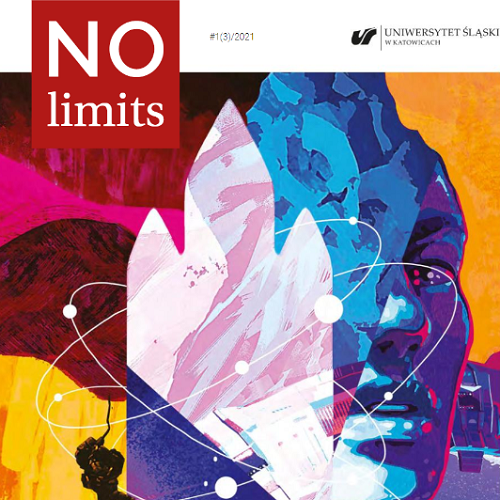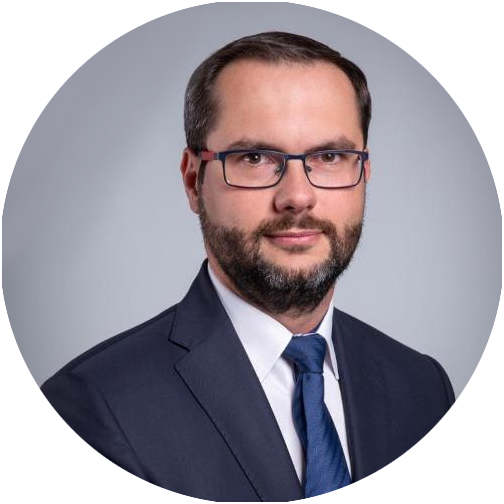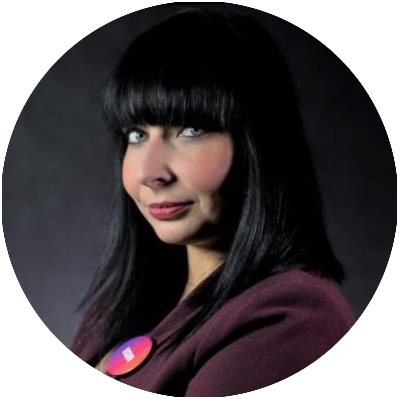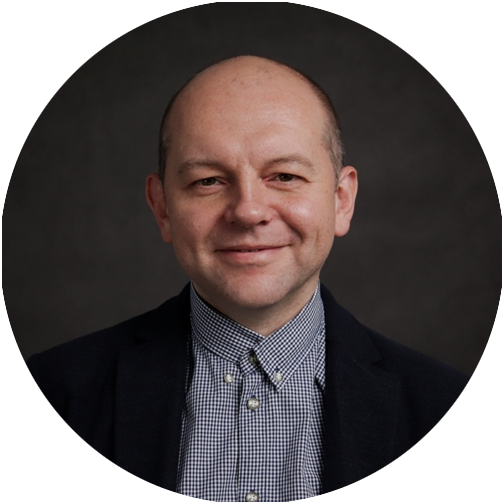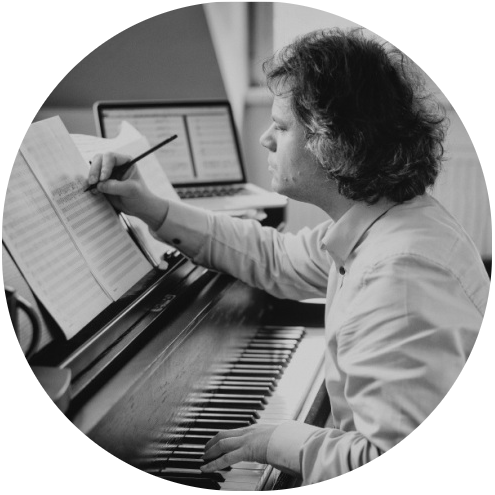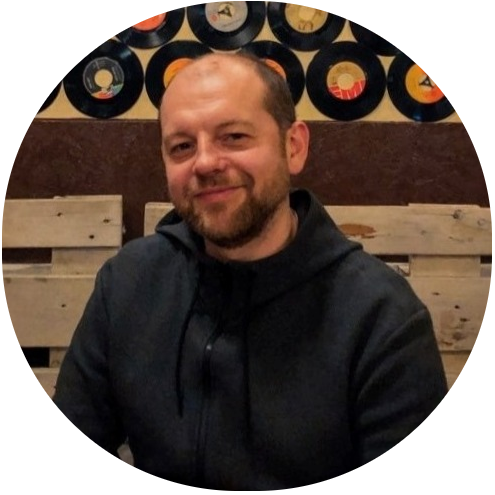KNOWLEDGE
RESEARCH AND POPULARIZATION OF SCIENCE AND ART
Scientists of the University of Silesia conduct research that is often the answer for the greatest civilizational challenges .Research subjects concern, among others, the effects of climate changes or the current problems in Europe and other countries such as Coronavirus pandemic or Russian aggression in Ukraine.
For many of our scientists the region itself provides inspiration for research. Our region is the subject of interest for many specialists in different areas: humanities, social sciences, natural sciences, science and technology or art.
Activities popularizing science and art are also of great importance. Research results are published not only in the scientific journals, but also presented in a little simpler form during festivals, meetings or in popular science magazines of the university like “Śląski badawczy” (Scientific USIL) or “Patenty Uniwersytetu Śląskiego” (Patents of the University of Silesia). We are also happy to present the artistic activity of our employees.
Photographs:
- The main character of the Silesian Science Festival KATOWICE – one of the flagship activities popularizing science, the leader of which is the University of Silesia in Katowice | photo by Wojtek Korpusik.
- A post-mining heap in Czerwionka-Leszczyny – the place that inspired Piotra Siupka, PhD to conduct research of the microorganisms living in extreme conditions | photo by Piotr Siupka.
- A part of the cover of the popular science magazine of the University of Silesia „No Limits”, where scientists publish results of their work | photo: materials of the USIL
INSPIRING REGION
OBSERVATORY OF URBAN AND METROPOLITAN PROCESSES
Assoc. Prof ROBERT PYKA
photo: materiały UŚ
The Silesian Voivodship is characterized by an exceptional socio-cultural richness arising from its complex and turbulent history and from the fact that many cultures overlapped on this territory: Czech culture, German culture, and the Polish culture that is now the identity of great majority of Silesians. The richness of the Silesia is exceptional, because the identity of its citizens as well as their way of speaking are exceptional. The European diversity reflected by this region and the hospitality and kindness of Silesians makes foreigners feel at home here. We shouldn’t also forget that Silesia is still the fastest developing industrial centre of the country. Heavy industry has been replaced by the modern industries and services as well as by the creative industry, which makes this region a great example of the successful industrial transformation and a perfect place for both studying and developing one’s professional carrier. The industrial past of Silesia, which was once it’s burden, today is the source of its pride, expressed by revitalising many post-industrial buildings of architectural value. They are given a new life and new functions often becoming unique industrial tourists attractions in this part of Europe. The Silesian voivodship is also rich in terms of nature. It has lakes and forests and is not far from mountains. Katowice, the region’s capital are in almost 50% covered by green areas. This incredible region awaits everyone who wants to hear its fascinating story about the way it went – the way that made its citizens Europeans long before Poland joint the European Union.
photo: materiały UŚ
Assoc. Prof. Robert Pyka – Professor in the Institute of Sociology of the University of Silesia. Prof. Pyka is the founder and the chairman of the Observatory of Urban and Metropolitan Processes (OPMiM). In his research in sociology and political anthropology he focuses mainly on the conditio and future of the state, as well as evolution of its territorial structures in the perspective of globalization and metroploization. Recently Prof. Pyka focused his research primarily on functioning of metripolitan areas in Poland, France and Canada. He is the author of two monographs: Metropolizacja a lokalne governance. Globalne wyzwania państwa narodowego na przykładzie V Republiki Francuskiej (Metropolization and local governance. Global challenges of nation- state on the example of French Fifth Republic) (published by University of Silesia Press, 2014) and Globalizacja – sprawiedliwość społeczna – efektywność ekonomiczna (Globalization — social justice — economic effectiveness.) (published by University of Silesia Press, 2008).
SILESIAN SCIENCE FESTIVAL KATOWICE
EUROPEAN CITY OF SCIENCE KATOWICE 2024
EXECUTIVE DIRECTOR OF THE SILESIAN SCIENCE FESTIVAL KATOWICE
JUSTYNA SZOSTEK-AKSAMIT
photo: Kacper Trzeciak
Our University is a public good. The good created by specialists and answering important needs. It is also an institution with the outstanding sense of responsibility for many years of environmental negligence, that, in our region, has a significant impact on the citizen’s quality of life and their health. At the University of Silesia we devote a lot of time to thinking about the ways in which science can meet the challenges of the present.
One of the activities in this area is the Silesian Science Festival KATOWICE, which provides the space for cooperation, creativity and motivation, and for the recipients is a place to learn about Polish science. By holding different forms of speeches and presentations concerning art&science, scientists and academics can show the society their everyday work in an interesting and appealing way. In only a few years the Silesian Science Festival became a brand widely recognizable and frequently awarded in Europe. It proves that our joint social engagement is recognized and appreciated, and above all it is important and serious engagement.
The University of Silesia in Katowice is the founder and one of 7 member universities of the Academic Consortium Katowice – City of Science. Together with the most important institutions of the region and other public higher education institutions we build the strategy of the City of science on the basis of science and education. The strategy of the city, where academic activity blends with the urban fabric and initiates the region’s transformation. In 2024 we will organize the celebrations of the European City of Science together.
photo: Kacper Trzeciak
Justyna Szostek-Aksamit, MBA – director of the Rector’s Office at the University of Silesia and the executive director of the Silesian Science Festival KATOWICE. Psychologist and psychotherapist with scientific interests connected with criminology and cognitive processes as well as psychology of witnesses’ testimonies
POPULARIZATION OF SCIENCE AND ART
DEPUTY HEAD OF THE MEDIA COMMUNICATION CENTRE OF THE UNIVERSITY OF SILESIA
TOMASZ GRZĄŚLEWICZ
Photo by: Małgorzata Dymowska
In July 2021 I have been asked to record a podcast with Karol Pyka PhD. His album „Metamorfozy” was the inspiration to that talk. I had a general idea what I am going to find on the CD: choir music, new interpretations of orchestral music, big-band arrangements… I would never expect that it will begin with the sharp guitar riff. For a few next weeks I have listened to „Metamorfozy” in every free moment of my day and, with fascination, I was discovering more sound layers of the project. The spirit of the classic progressive 70’s rock hovers above the album – Pink Floyd, Genesis, Rush… That is the musical language which I used to communicate with dr Pyka. Using this musical language we managed to make the whole direct sound recording during our very first meeting and by the first try – which has never happened to me before.
Photo by: Małgorzata Dymowska
Tomasz Grząślewicz – deputy head of the Media Communication Centre of the University of Silesia in Katowice, English translator, regionalist and guide of Zagłębie, director of the I Like Zagłębie portal, co-author of popular history publications about Sosnowiec. A great fan of music – from the classical music, through jazz till the post punk.
IT IS WORTH TO LISTEN TO…
Karol Pyka, PhD | Photo: the private archive
Tomasz Grząślewicz | Photo: the private archive
Karol Pyka, PhD | Photo: the private archive
Tomasz Grząślewicz | Photo: the private archive
Karol Pyka, PhD, from the Institute of Music of the University of Silesia in Katowice has prepared the oratory “Metamorfozy” (“Metamorphoses”) as a part of the call for proposals entitled “Freedom of Research”. The premiere of the CD took place on the 20th of December 2021. The album is available in streaming services: Spotify, Tidal, Deezer, Apple Music, and You Tube Music.
You can listen to the conversation with Karol Pyka PhD about his new CD on the university Spotify channel. The interview was made by Tomasz Grząślewicz.
EDITOR IN CHIEF OF THE “UNIVERSITY OF SILESIA MAGAZINE” AND „NO LIMITS”
AGNIESZKA SIKORA, PhD
Photo by Julia Szymala
„No Limits” was born out of the need to re-evaluate our thinking of science and of what scientists do at the University. We have forgotten that universities are not lonely islands. They are parts of the society, of their cities and regions – the parts of Poland.
Presently the majority of serious scientific research is conducted by the large interdisciplinary and inter-university teams. Such teams consist of scientists from universities and research institutes all over the world. Therefore we had the idea to create a new, and actually the first, popular-science magazine at the University of Silesia, which would present the research conducted in cooperation with scientists of our university in an interesting way. The idea was simple – the magazine should be interesting, it should pique people’s curiosity, and make them think and look for more information themselves. In particular we want to reach the non-scientists, to cross the boundaries. Therefore, from the very beginning the magazine is published in two language versions: Polish and English.
Photo by Julia Szymala
Agnieszka Sikora, PhD – Editor in Chief of „Gazety Uniwersyteckiej UŚ” (University of Silesia Magazine) and a pop-science „No Limits” magazine.






